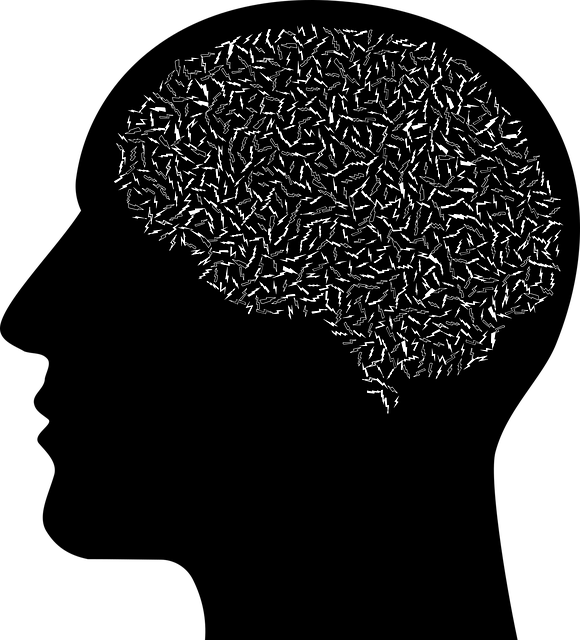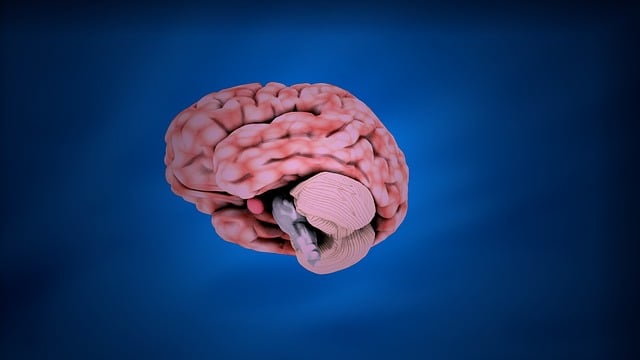Crisis Intervention Teams (CITs), comprised of multi-disciplinary professionals, effectively address acute mental health crises, reducing hospital admissions and emergency visits related to therapy for depression. Their training emphasizes resilience, self-awareness, de-escalation techniques, and risk management planning through realistic simulations and role-playing. This comprehensive approach leverages interactive workshops, multimedia, and case studies, catering to diverse learning styles. Regular practice, cultural sensitivity, and ongoing evaluations ensure CITs remain impactful in providing timely, compassionate therapy for depression while mitigating burnout among frontline responders.
Crisis intervention teams play a vital role in supporting individuals facing mental health crises, particularly those at risk of suicide. This article explores comprehensive training programs designed to equip professionals with the skills needed to effectively respond to such situations. We delve into the key components, diverse training methodologies, and practical strategies for implementing and evaluating crisis intervention team performance. Understanding these elements is crucial in enhancing support for those struggling with therapy for depression and other mental health challenges.
- Understanding Crisis Intervention Teams: Their Role and Impact
- Key Components of Effective Crisis Intervention Training Programs
- Types of Training Methodologies and Their Benefits
- Implementing and Evaluating Crisis Intervention Team Performance
Understanding Crisis Intervention Teams: Their Role and Impact

Crisis Intervention Teams (CITs) play a pivotal role in addressing acute mental health crises and saving lives. These specialized teams consist of trained professionals from various disciplines, such as mental health counselors, social workers, and emergency responders, who work collaboratively to provide immediate support to individuals experiencing severe emotional distress or thoughts of self-harm. Their primary goal is to de-escalate high-risk situations, offer short-term therapy for depression and other mental health conditions, and coordinate long-term care plans.
The impact of CITs extends beyond crisis resolution. By implementing these teams, communities can significantly reduce hospital admissions and emergency department visits related to mental health issues. Moreover, effective CIT intervention contributes to burnout prevention among frontline responders by equipping them with the skills to handle crises more efficiently. This not only enhances their job satisfaction but also ensures that individuals in need receive timely and appropriate mental wellness coaching programs. Ultimately, the development of robust CIT training programs is crucial for building resilient communities capable of supporting those facing mental health challenges.
Key Components of Effective Crisis Intervention Training Programs

Effective crisis intervention training programs are multifaceted, encompassing a range of key components to prepare mental health professionals for high-pressure situations. Firstly, these programs should delve into the core principles of mind over matter, teaching practitioners how to manage their own emotional responses during crises. By fostering resilience and self-awareness, professionals can better support individuals in distress.
Additionally, comprehensive training includes practical risk management planning. This involves equipping mental health workers with strategies to assess and mitigate risks associated with various crisis scenarios, including thoughts of suicide or violent tendencies. Through realistic simulations and role-playing exercises, practitioners learn to provide effective crisis intervention guidance, ensuring they are skilled in de-escalation techniques, communication strategies, and safe planning interventions tailored to individual needs, particularly when addressing therapy for depression.
Types of Training Methodologies and Their Benefits

Crisis intervention team training programs employ various methodologies to equip professionals with the skills needed to support individuals in mental distress. Interactive workshops and simulations are popular choices, allowing trainees to practice real-life scenarios under controlled conditions. These hands-on approaches foster a deeper understanding of emotional healing processes and enhance decision-making abilities during crises.
Additionally, Mental Wellness Coaching Programs Development often incorporates multimedia elements, case studies, and role-playing exercises. Such diverse training methodologies cater to different learning styles, ensuring that participants gain valuable insights into risk assessment for mental health professionals. By combining theoretical knowledge with practical application, these programs empower teams to provide effective therapy for depression and other mental health challenges.
Implementing and Evaluating Crisis Intervention Team Performance

Implementing and evaluating crisis intervention team performance is a multifaceted process that goes beyond simply training. Once teams are equipped with skills in identifying, assessing, and responding to crises, ongoing practice and feedback become crucial for maintaining effectiveness. Regular simulations and role-playing scenarios can help teams hone their abilities, fostering a culture of continuous improvement. This not only enhances their readiness but also encourages the development of inner strength among team members, enabling them to better support individuals experiencing mental health challenges like therapy for depression.
Furthermore, cultural sensitivity in mental healthcare practice plays a significant role in crisis intervention. By integrating techniques that promote emotional well-being and incorporating diverse perspectives, teams can provide more inclusive and compassionate care. Regular evaluations should assess not only the technical proficiency of interventions but also their cultural responsiveness and ability to address the unique needs of different communities. This holistic approach ensures that crisis intervention remains impactful and relevant in promoting positive outcomes for all individuals involved.
Crisis intervention team training programs are vital tools in enhancing community well-being, particularly regarding mental health issues like therapy for depression. By equipping individuals with the necessary skills, these programs enable effective crisis response and support. Integrating various training methodologies ensures that teams are prepared to handle diverse scenarios, fostering a more resilient and supportive community environment. Effective implementation and evaluation of these programs are key to maximizing their impact, ultimately contributing to improved mental health outcomes and overall social stability.














